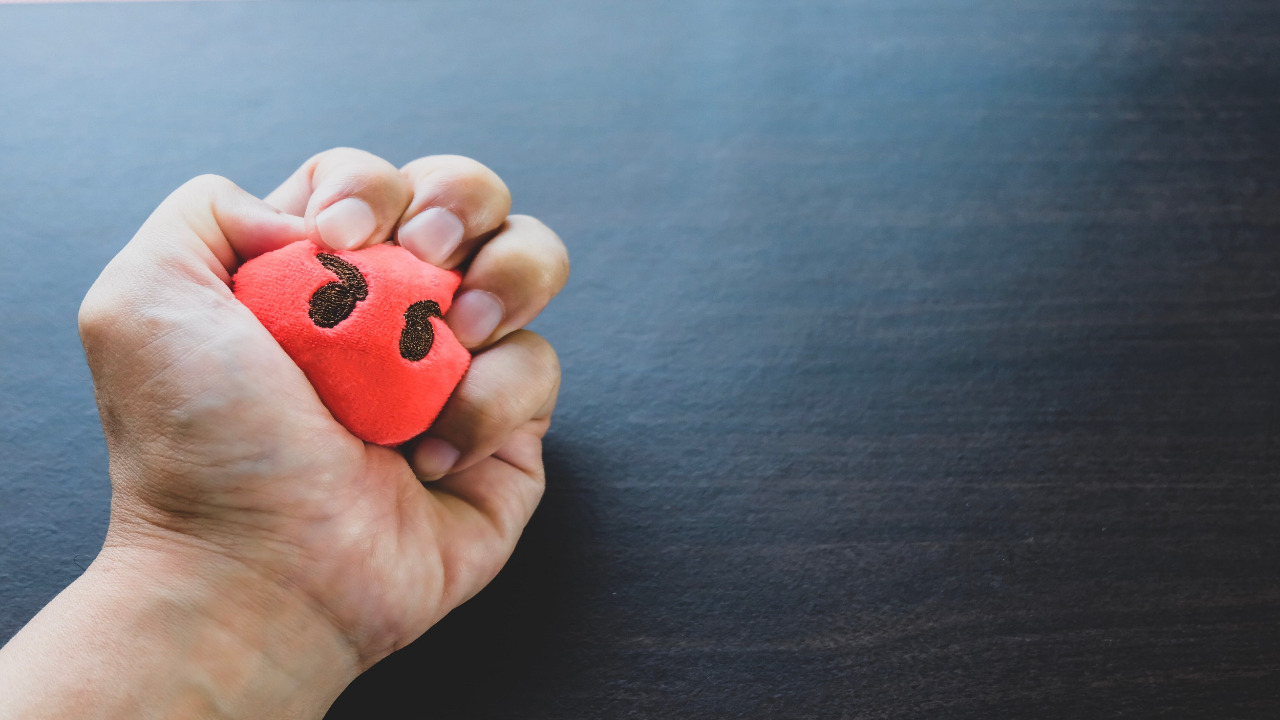Coronavirus has dramatically changed lives around the world. It is quite difficult for a modern person to be in isolation, and this applies to many areas: restriction of movement, social contacts, work, recreation, and hobbies. All educational institutions, regardless of the form of ownership and area of management, must extend quarantine measures to an appropriate period of time. In the case of coronavirus, people often experience two opposite emotions: anxiety and denial.
How does stress arise?

The reactions we are seeing in society right now are legitimate because there is a threat to life that is being warned about around the world. People naturally want to protect themselves, looking for a way to detect COVID-19 quickly. By the way, the FlowFlex antigen tests help a lot in this. Such psychological pressure “turns on” our brain, and the human body goes into a “hit or run” state.
What happens in the body during a stress reaction? The brain, perceiving a threat, signals the release of stress hormones – adrenaline and cortisol. The body’s internal reserves are activated, so muscle strength, reaction speed, endurance, and pain threshold increase. Some are trying to release their anger at their loved ones, and some are looking on the Internet where to order Lateral Flow tests to help their relatives. These are important reactions that help the body fight or escape the source of danger. When the threat disappears, the body returns to a relaxed state.
How to manage stress?

Modern life, continuous information flows, and globalization changes urge the body to work at its best. Symptoms of a stressful state are very different and depend on both the circumstances and the characteristics of the body itself. Remember – stress is a frequent companion in our lives. It is important to learn how to manage stress and counteract its negative effects because they affect health and cause diseases.
Stress is normal

In general, the range of possible reactions and emotions during stress is very wide. People experiencing fear may fall into a daze or apathy. Many factors influence how a person reacts. It should be understood that stress is not the same as a mental health disorder, such as anxiety or depression, requiring treatment. It should be remembered that it is a normal psychophysiological response to acting outside the norm in order to protect or adapt to change. Our bodies are well prepared to deal with stress in small doses, but when this stress becomes prolonged or chronic, it can have serious consequences for the body.
Helpful habits to reduce stress
To help yourself manage stress and reduce its impact on your life, you can change your behavior and form new habits. In particular, be physically active, eat a healthy diet, minimize gadget use and reduce screen time, take time to take care of yourself, reduce caffeine intake, spend time with friends and family, take control of your personal life, set boundaries and learn to say “no,” make a to-do list instead of procrastination. And lastly, hug more often – human touch has a calming effect and helps you cope better with stress.